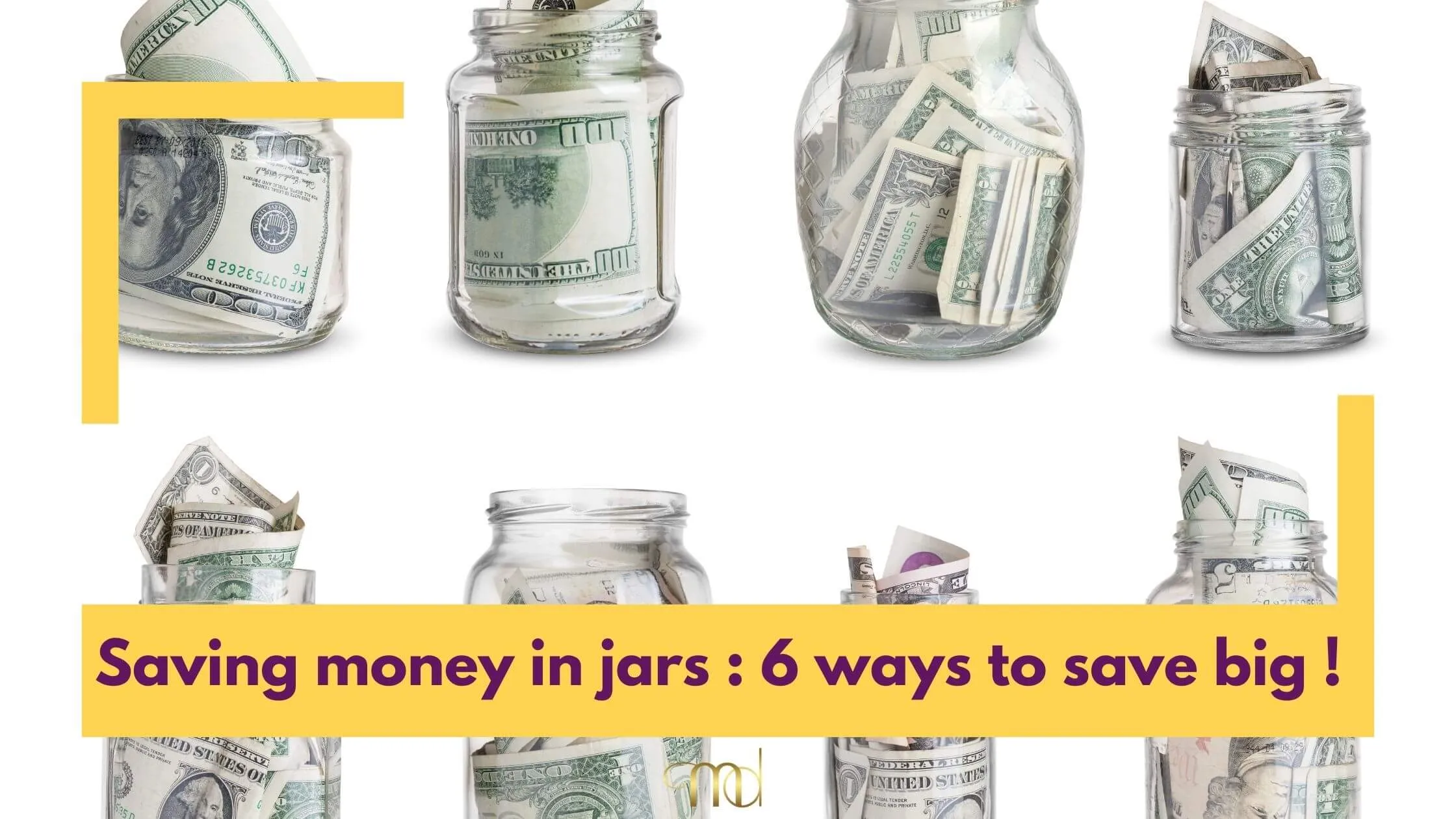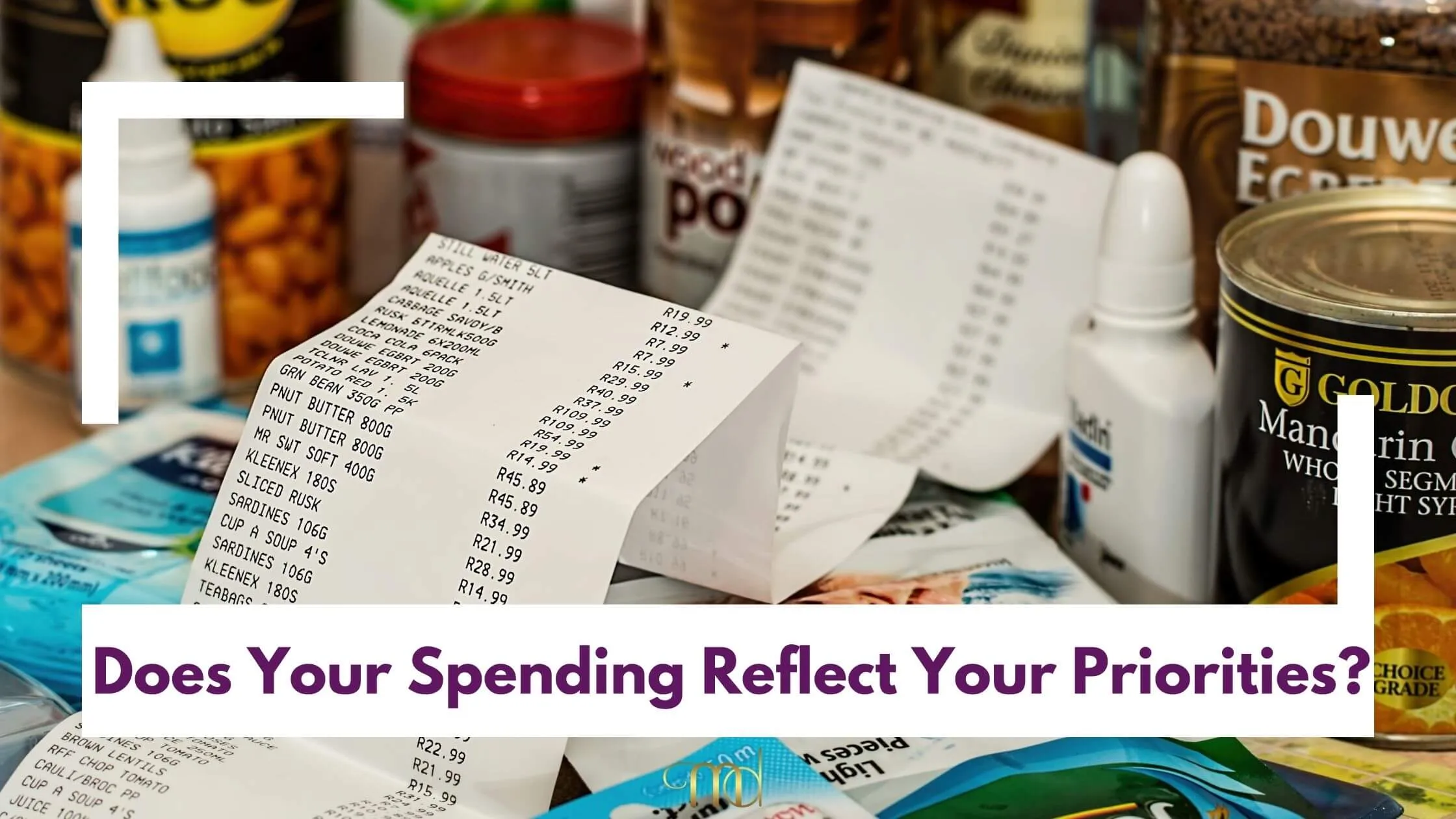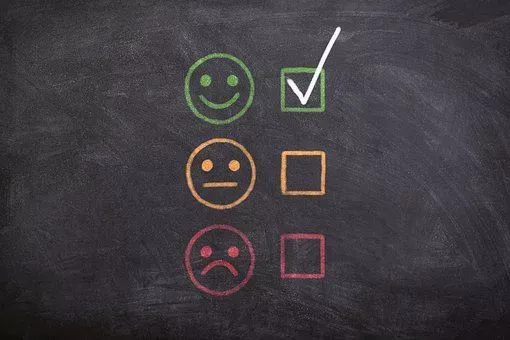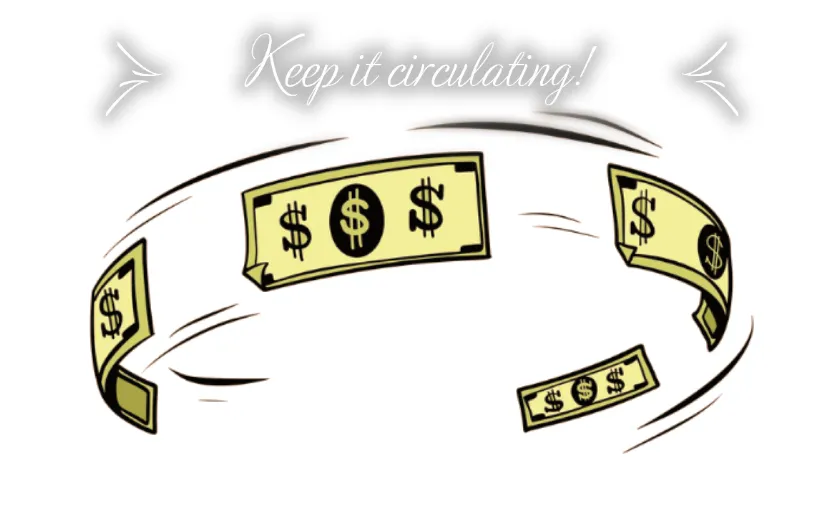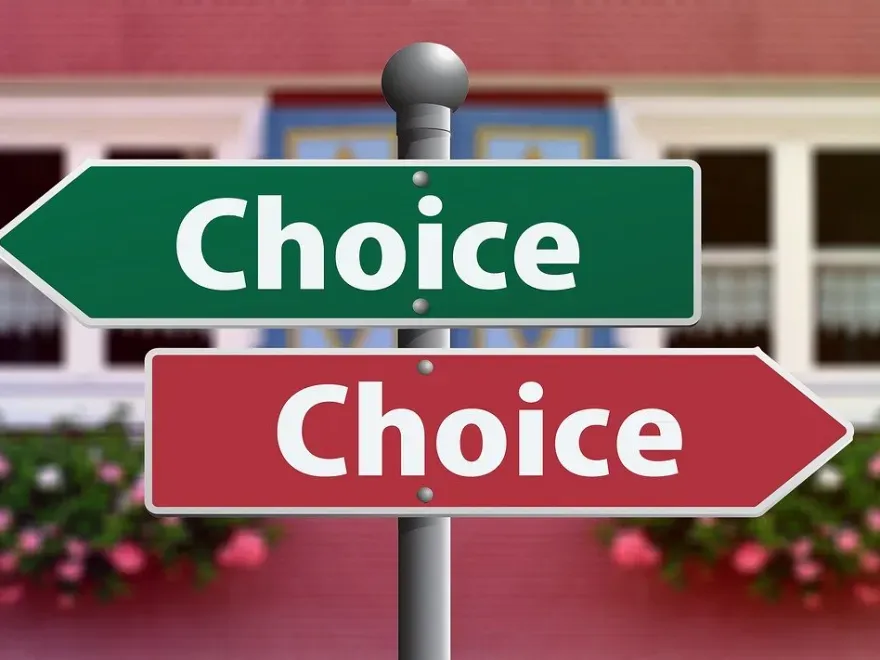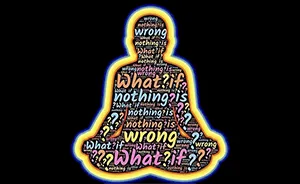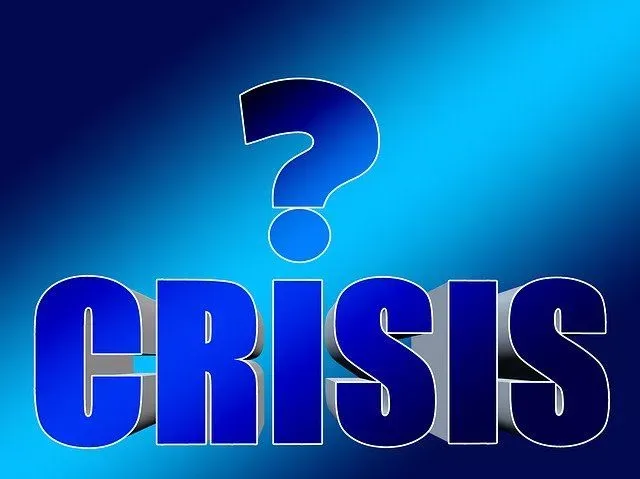Is health insurance worth it ?
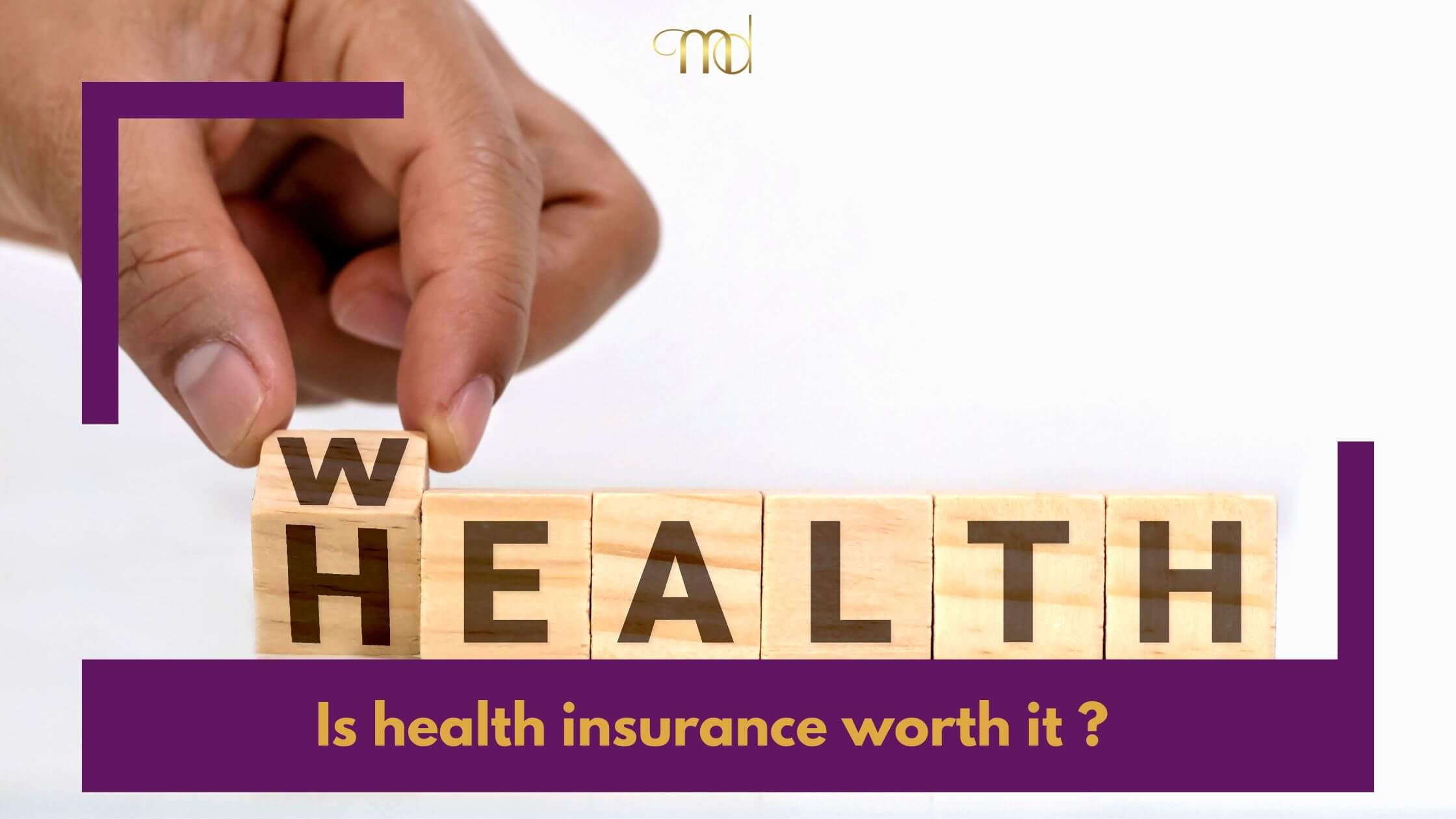
What can change your money dynamics overnight? One of the best-suited answers is whether you have health insurance or not. But many people still contemplate if health insurance is worth it.
It sadly happened to my uncle. Until his 50s, he had a well-paying job with good health insurance. And since he was relatively healthy, he hardly used it. Like any well-meaning friend, I advised him to get health insurance when he was still in his pink of health. But he laughed off the idea. As per him, it was a waste of money. And also, he only used a little health insurance from his job. So good so far.
Then the recession struck, and he lost his job. His age and salary expectations made it harder to land a new job. Sadly he not only did not have any job but also did not have any health. He managed well on the saving until he was diagnosed with kidney failure one day.
Unfortunately, high medical bills wiped off his all saving in no time, leaving him with almost nothing but regret when he was on his deathbed. He understood why taking health insurance was worth it, but it was too late.
I hope this serves as much needed eye-opener for you if you're wondering whether health insurance is worth it. The answer is YES.
Get peace of mind knowing that you're protected from unexpected medical expenses and have access to quality healthcare.
What is Health Insurance?
So, what is health insurance? A health insurance policy is an individual and insurance company agreement. The policy will include various benefits, such as medical tests, medicinal drugs, and other treatments. When the company issues an Insurance policy, it implies the insurance company has agreed to cover the cost of a particular set of benefits listed in the policy, known as "covered services."
So, when the insurance company does not cover a particular service, and you have it performed anyway, the insurance company "denies the claim." In such a situation, the individual must pay for the service out of pocket. However, the policyholder can challenge the insurance company's denial by following the appeal process mentioned in the plan handbook. But, it is advisable to do so after consulting the doctor.
It is crucial to read the terms and conditions of the insurance policy clearly, before signing up for one. Ensure your hard-earned money is not invested in a policy that does not meet your needs. It is also important to remember that decisions about what will be and will not be reimbursed are made by the company and not by the doctor. So, even when a shadow of doubt about the policy arises, it is advisable to call the insurance company for support.
Do you have to have health insurance?
Well, can you afford not to have health Insurance?
Many people think the best way to get health insurance coverage is to get the complete coverage one can afford. It is, to some extent, true. Suppose you have a lot of liquid resources. In that case, getting a comprehensive individual health insurance plan that includes everything from a small deductible for hospital visits to full dental and vision coverage is a good idea. However, if you are on a very tight budget, consider getting a smaller plan than you can afford and paying for some of your medical expenses out of pocket.
If you are juggling several different prescriptions that are costly to fill and refill or require frequent checkups with your doctor to ensure you have the right dosage, getting a full health plan is important. However, it may make sense not to get such a comprehensive plan if you are looking for ways to economize your health costs. If you don't have any dependents and don't need regular hospital visits, consider whether you need a full health insurance plan that gives you complete coverage. Paying more than you need for health insurance can be a heavy financial burden. It is worth thinking creatively and realistically about what you really need and if it is possible to get the care you require without shelling out a large monthly payment to a health insurance provider.
Many people find that through a combination of free clinics and minimal health insurance coverage, they can get by spending much less than they would pay for comprehensive health insurance. It is still smart to have coverage to help alleviate the financial burden if you suddenly develop a condition or have an injury requiring emergency care. However, it is a good idea to look into what kinds of plans are available, as one of the many plans designed specifically to give you emergency coverage may be a much better choice than a plan that will leave you generally well-insured.
It is never a good idea to gamble with your health care, so make sure that you don't opt for the maximum amount of insurance you can afford and have a plan to meet any medical expenses that may arise. Think about other ways to designate money for your health care needs, such as starting a savings account where you store away the money you would be paying for insurance every month. It will help you make sure that you are prepared for anything. Don't forgo coverage entirely, though. At the very least, purchase a high-deductible plan that will cover you in the case of a serious illness or injury. Otherwise, one serious illness or injury could wipe you out financially.
How to Find Good, Low-Cost Health Insurance
Below are some ways to Here's how to find good, low-cost health insurance.
Review your current plan
If you already have health insurance but need help making monthly premium payments, assess what your plan covers and look for options.
Often, this is as easy as getting on the phone with a representative and explaining your situation. Many major healthcare providers know that healthcare costs are high and are willing to help.
Life changes. Maybe you were laid off. Or your company stopped paying for health care insurance. Or your premium increased to a level you can no longer pay. Pick up the phone, call your provider, and explore your options. They want to retain you as a customer.
Use the internet
If you're presently without insurance or are self-employed and want to change plans, use health insurance comparison sites to find the right plan.
Enter the amount you can afford each month and let the website do the rest. You can compare your options and often sign up right away.
Look for a high-deductible plan
If you're normally healthy, consider getting an insurance plan with a high deductible. These plans are also called emergency medical plans because they essentially insure you if there is a health emergency.
The deductible can range from $2500 to $10000. The higher the deductible, the less expensive your monthly premium is. Of course, it's important to ensure you have that deductible saved. So that you don't have to go into debt to pay for your health care if there is a medical emergency.
Some high deductible plans still cover up to 100% of your annual appointments - for example, a mammogram or prostate exam. It is important to know before you sign up for the plan. Understand what is and what isn't covered to be financially prepared.
Look for group plans
Many organizations buy into a health insurance company. They get a bulk rate because they bring many customers to the insurance company.
For example, there are associations and group insurance plans for freelance writers, actors, and even alumni associations. You can get a group insurance rate and save good money.
Consider short-term plans
If you're merely filling in the gap between employment, look for short-term plans. These plans will last for about six months and are affordable. You can find short-term insurance plans by calling your previous provider to discuss options or visiting a healthcare comparison website.
If you want to have a health care insurance provider which allows you to stick with a current doctor or medical facility, then visit the website for that insurance company to check. They often have brochures and information about their insurance plan options on their website.
The internet really has made many things much more accessible. One of those things is your health care insurance. You no longer have to rely on an insurance agent or the company plan. You can research and compare to find the best deal for your personal insurance needs. No matter which Insurance provider you choose, get your health ensured. The money you spend on health Insurance is totally worth life's uncertainty.
You May Also Like
Are You Headed for Financial Crisis?









